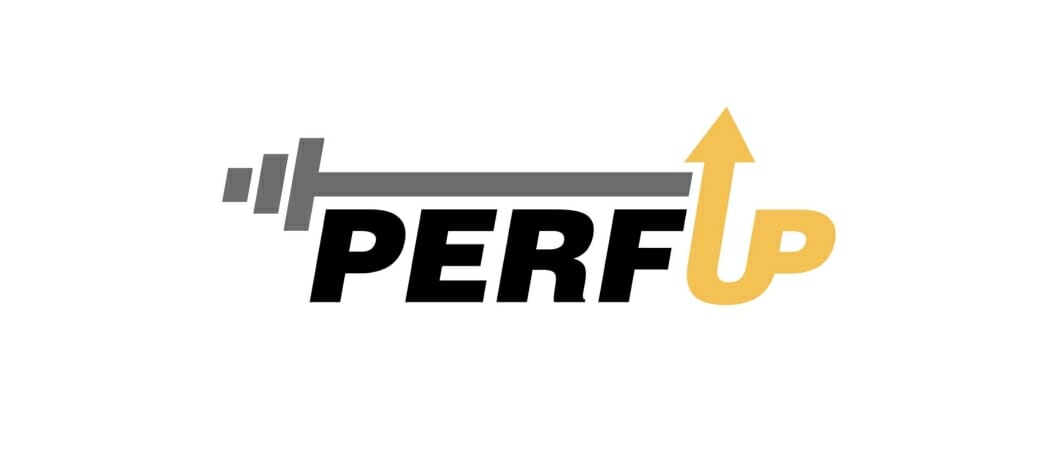
Sports Nutrition
Sports Nutrition
Sports nutrition plays a key role in the development of physical performance, whether you are a bodybuilder, a professional athlete in training, or exercising to improve your physical and psychological health.
What is sports nutrition?
Adopting a thoughtful diet program can lead to improved performance, injury prevention and faster recovery, but it's hard to know where to start with so much conflicting and readily available information. Herein lies the role of a professional dietitian in making your nutritional decisions and, ultimately, improving your performance.
Dietitians offer a variety of services to support your health and sports goals. This can range from daily meal programs to post-workout meal tips or a comprehensive nutrition plan for training and competitions. Reliance on nutritional programs is becoming more common in endurance and muscle building sports.
The importance of sports nutrition
Balanced and correct consumption of food and fluids is important for everyone, and athletes should be aware that nutrition directly affects physical and mental performance. For example, athletes may need more calories than the average person, or bodybuilders may need to increase their protein intake: a good nutrition plan is the key to your success.
Athletic performance and energy
Providing your body with the right foods is essential for athletic performance, especially fats, proteins, and carbohydrates that maintain the body's energy.
Carbohydrates are the primary fuel used by working muscles, so eating enough of them is necessary to prevent muscle strain.
While it's important to monitor how much fat you eat, you shouldn't completely remove it from your diet. Fats provide fatty acids that can be used as an energy source – especially if exercise sessions last more than one hour. Fats also provide the building blocks of hormones and the formation of cell walls.
Protein can be used as an energy source and is essential for building new muscle tissue. If you adopt a resistance training program, your body will require additional protein.
Nutrients
Nutrients are the body's fuel. In order to maintain our physical and mental health, we need to adopt a balanced diet of nutrients not only during the performance of sports activity, but before and after. Important nutrients include:
They are starchy and sugary compounds composed of the basic elements of oxygen, carbon, hydrogen, and a large part of food is in the form of carbohydrates.
Carbohydrate functions: give energy to the body and are considered the main source of energy, as each 1 gram gives 4 calories. After digesting carbohydrates in the body, they turn into glucose (simple sugar), which is the direct energy source for muscles, and is stored in the muscles and in the liver until the time needed, and carbohydrates are stored in the muscles more than in the liver. The player's body needs about 60% (of course it varies from person to person) of calories in the form of carbohydrates (i.e. about 300-500 grams)
Sources: Cereals: rice – wheat (bread) – pasta – starch, legumes: lentils – chickpeas – peas, fruit: in general, sugar: jam – sweets They are called simple sugars, which are absorbed shortly after eating
Protein consists of the following elements (nitrogen, oxygen, hydrogen, and carbon). 1 g of protein gives 4 calories. The average person needs 70 grams per day at a rate of at least 15% of calories and may rise in athletes from 120-200 grams per day depending on age and type of sport
Functions of protein: One of its most important functions is to build body cells and regenerate damaged ones. It is involved in building muscle. It enters into the synthesis and action of the body's hormones. Provides the body with energy.
Sources: Protein is found in meat (fish, chicken, eggs, milk, legumes, and in small amounts in vegetables)
Fats consist of oxygen and carbon and are divided into two parts: vegetable fats such as vegetable oils of all kinds. Animal fats such as butter, obesity, grease, and others. The body needs about 30% of the total calories, equivalent to 80 grams per day for the average person.
Fat functions: provide the body with energy, every 1 gram = 9 calories. Protect internal organs such as the liver, kidneys, so that they form a layer around them.
Mineral salts
Such as calcium, iron, potassium, sodium and many others. Its functions (accounting for about 6% of body weight): building the skeleton of the body. It has chemical functions such as iron – it is involved in the construction of hemoglobin
Calcium: The body contains 1.2 kg, which is present in bones and teeth, and the most important symptoms of its deficiency are the ease of breaking bones
Potassium: the body contains 270 grams and its most important function is that it plays a role in the activity of the muscles (their contraction and relaxation). It is very important in regulating the heartbeat. It is involved in the formation and storage of glycogen, and is found in bananas, dates, potatoes, tomatoes, oranges.
Sodium: The body contains 100 grams, and its most important functions are to regulate blood pressure and blood fluids, and its deficiency through sweating leads to muscle spasms, headache, nausea, and general weakness.
They are organic substances that the body needs in small quantities. Its importance lies in the fact that it maintains the integrity and health of the body in regulating various body processes, oxidative processes, muscle performance and the vitality of body tissues.
TYPES OF VITAMINS: TYPE I WATER-SOLUBLE FATS SUCH AS VITAMIN C, B VITAMINS (C, B). FAT-SOLUBLE VITAMINS, SUCH AS VITAMIN A, D, E, K (A, D, E, K).

Supplements
Athletes, bodybuilders, and athletes often use supplements to boost their strength, performance, and recovery. They are available in various forms ranging from multivitamins and minerals to proteins, creatine and various other "ergogenic" aids.
Should I take them?
Before individuals choose to take any form of supplement, they should ensure that their diet is healthy, balanced, and suitable for their sport. Those who decide to take additional nutrients in supplemental form should always consult a certified sports dietitian or registered dietitian specializing in sports nutrition. They will be able to assess your suitability for a particular supplement.
How can a sports nutritionist help?
A sports nutritionist can develop a nutrition plan tailored to support an individual's training regimen and goals. The plan will incorporate both food and fluids as an integral part of performance, and tailor-made nutrition can also help with:
Increased energy levels
Promote good health
Helps in weight management
Improved concentration
Development of body composition and growth
Promote recovery
To create the best nutrition strategy, the sports nutritionist will evaluate not only the individual's training and diet, but also their lifestyle, daily habits, nutritional supplements and needs of regular medications.
Weight Management
To maintain a healthy weight, eating well is crucial. But with so many diet promotions, it can be hard to get healthy and correct tips. This is where a dietitian can be useful in advising on weight management for sports and performance: it is common that people who decide to lose weight will strictly reduce their protein, fat or calorie intake. Not only can this have a negative impact on your performance, it can severely harm your body.
Special Events
A specific sporting event outside your body under stress, and even if your nutritional needs are not met, a nutritionist can advise and provide strategic plans to track for optimal performance.
Even if things don't go as planned in your game, or you have to walk the last half mile of running due to burnout, you shouldn't neglect your nutritional needs. It should be a priority, regardless of the result. Athletes, casual runners and footballers do not consume enough fluids when they participate in competitions or even during training. So restoring balance after the event is crucial.
Moisturizing
It is essential to stay hydrated when exercising: insufficient fluid intake leads to dehydration. Not only does this affect your performance, but it can also be very dangerous to your health and lead to further complications. Although dehydration can occur in any activity, it is more prevalent when exercising in hot and humid weather.
Water is ideal for rehydration, but if you've been physically active for longer than one hour, sports drinks containing electrolytes or natural coconut water can be beneficial. Electrolytes, which are small, charged molecules, are essential for maintaining a healthy sodium and potassium balance in our bodies. They help stimulate thirst and encourage drinking, as well as enhance the body's ability to retain water.
You may also like





